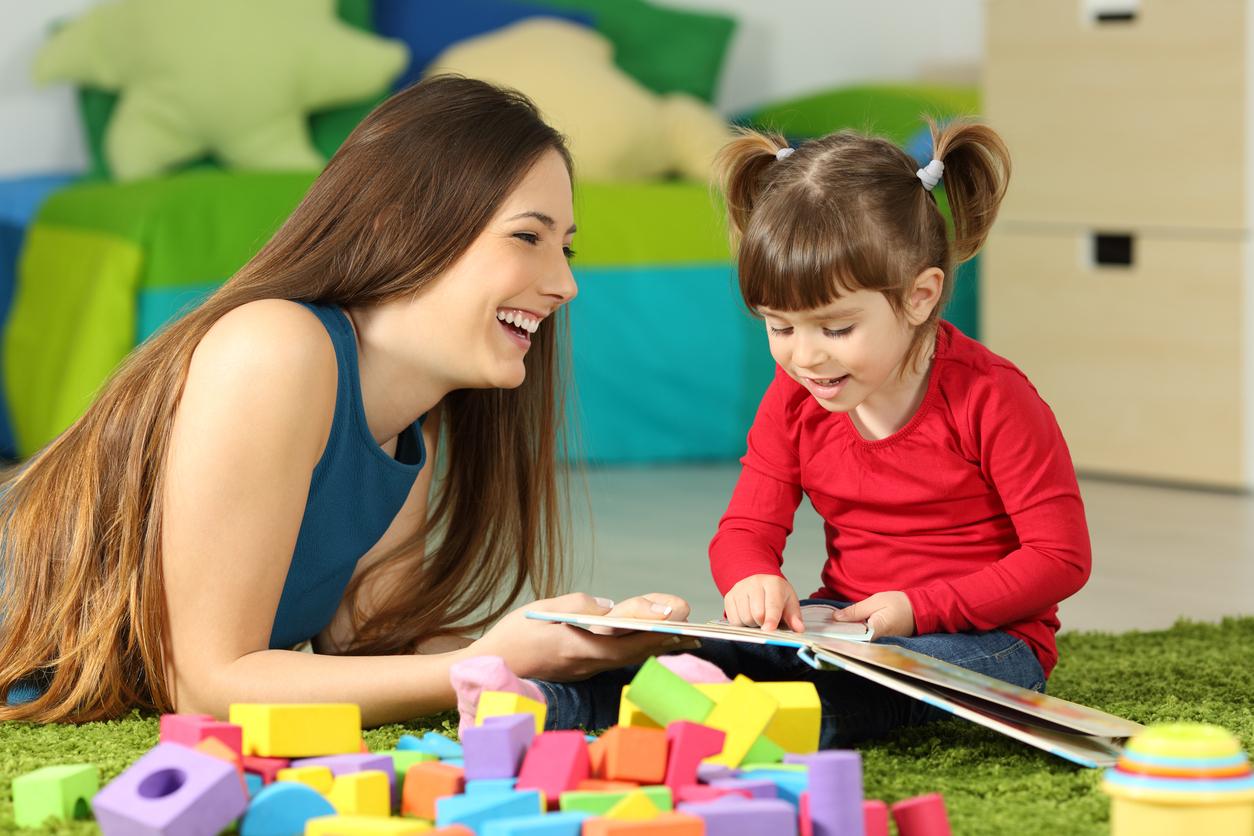The massive purchase of toilet paper is a way to reassure yourself with a useful and inexpensive product.
-1586535137.jpg)
Whether in New York, Paris, Sydney or the countryside, everywhere the same scenes of queues for supermarkets and shopping carts filled with toilet paper. Often mocked on social networks, these fights for a product that does not seem essential to survival, however, has a psychological significance that is far from trivial.
The toilet paper that reassures…
If toilet paper is far from protecting against Covid-19, the mass purchases that have led to shortages in certain supermarkets are in fact a way of reassuring and securing oneself in an uncertain context, the outcome of which is not yet known. .
In the context of a pandemic and confinement, most people feel the need to keep their families safe by stocking up on supplies for products that are not perishable. Toilet paper is also a way to maintain hygiene associated with some protection against the virus. By feeling clean, and especially by avoiding anything that can be disgusting, we reinforce the feeling of control of the situation.
Protection at a reduced price
Toilet paper is also a way for the most modest households to have a feeling of control over the situation. It’s about buying an accessible product, which you can store and which gives the impression of filling your shopping cart in a voluminous way.
Rather than investing unusually in expensive products such as frozen meals, canned food or soups that you are not sure you will use, toilet paper represents a safe bet and a purchase whose daily utility is not is more to demonstrate.
Learn more: “The Psychology of Pandemics: Preparing for the Next Global Outbreak of Infectious Disease”, by Steven Taylor.
.

















